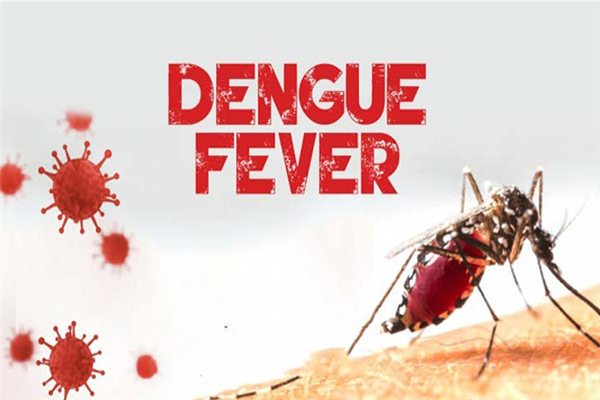Unmasking Dengue Fever: Recognizing the Signs and Symptoms

Dengue fever, a mosquito-borne viral infection, poses a significant health threat in many parts of the world, particularly in tropical and subtropical regions. With a rapid increase in reported cases over the years, understanding the signs and symptoms of dengue fever is vital for early detection and timely medical intervention. In this blog post, we’ll shed light on the common signs and symptoms of dengue fever, helping you stay informed and empowered to protect yourself and your loved ones.
What is Dengue Fever?
Dengue fever is caused by the dengue virus, which is primarily transmitted through the bite of the Aedes mosquito, mainly Aedes aegypti. The virus can also be transmitted through blood transfusions and from an infected mother to her newborn during childbirth, though these modes are relatively rare. Dengue fever can affect people of all ages and can range from mild to severe, with potentially life-threatening complications.
Early Symptoms:
The incubation period of dengue fever is typically 4 to 10 days after the mosquito bite. During the early stage, the symptoms may resemble those of a flu-like illness, making it challenging to differentiate dengue from other viral infections. Common early symptoms include:
a. High Fever: Sudden onset of high fever, often reaching 104°F (40°C), which can last up to 7 days.
b. Severe Headache: Intense headaches, often described as a throbbing pain behind the eyes.
c. Joint and Muscle Pain: Severe joint and muscle pain, giving it the nickname “breakbone fever.”
d. Nausea and Vomiting: Feeling nauseous and vomiting may occur.
e. Fatigue: Profound weakness and fatigue can make daily activities challenging.
Warning Signs of Severe Dengue:
In some cases, dengue fever can progress to severe dengue, a potentially life-threatening condition. The warning signs of severe dengue may appear 3 to 7 days after the onset of the initial symptoms. It is crucial to seek immediate medical attention if any of the following warning signs develop:
a. Severe Abdominal Pain: Intense abdominal pain or tenderness.
b. Persistent Vomiting: Vomiting that does not subside and worsens over time.
c. Bleeding: The appearance of small red or purple spots on the skin, bleeding gums, nosebleeds, or easy bruising.
d. Rapid Breathing: Difficulty breathing or rapid, shallow breathing.
e. Fatigue and Restlessness: Fatigue turning into restlessness or irritability.
Preventing dengue fever involves reducing mosquito breeding sites, wearing protective clothing, using mosquito repellents, and installing window and door screens. Community efforts, such as mosquito control programs, are also crucial in reducing dengue transmission. If any related symptoms found, please book Dengue Fever checkup package at home in Hyderabad with us.







